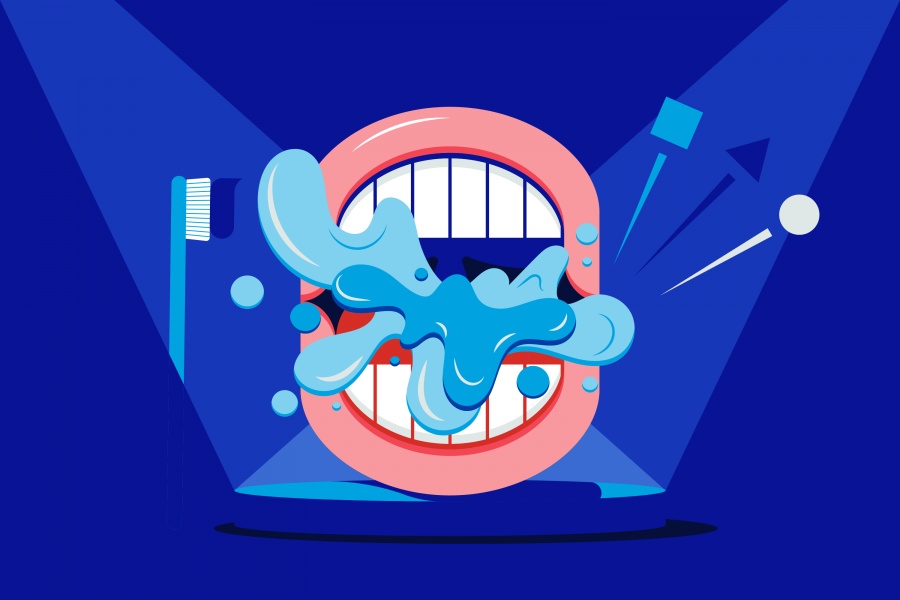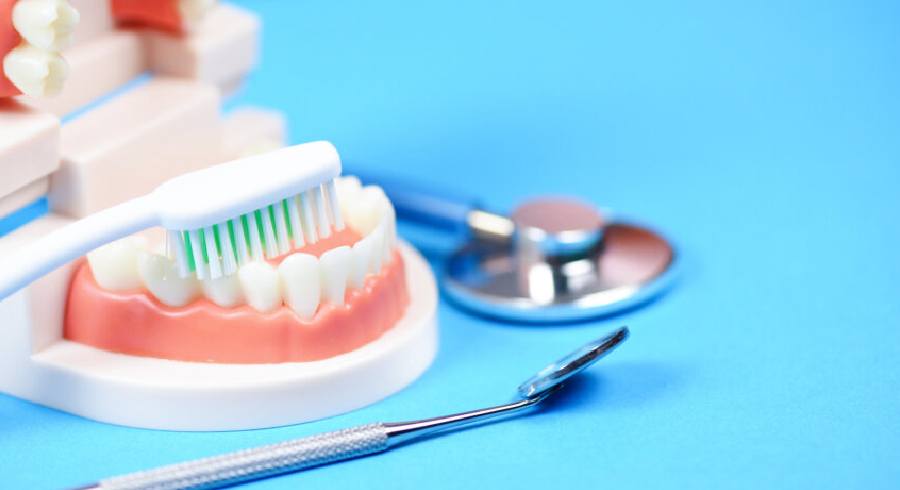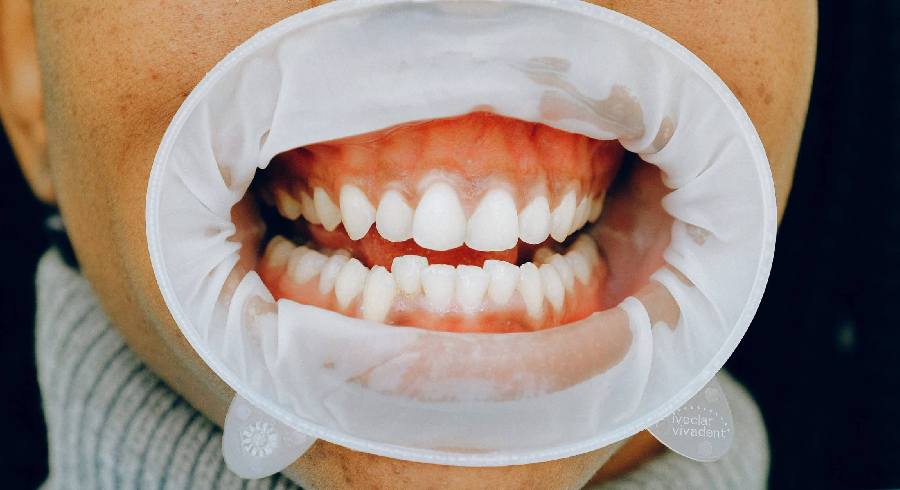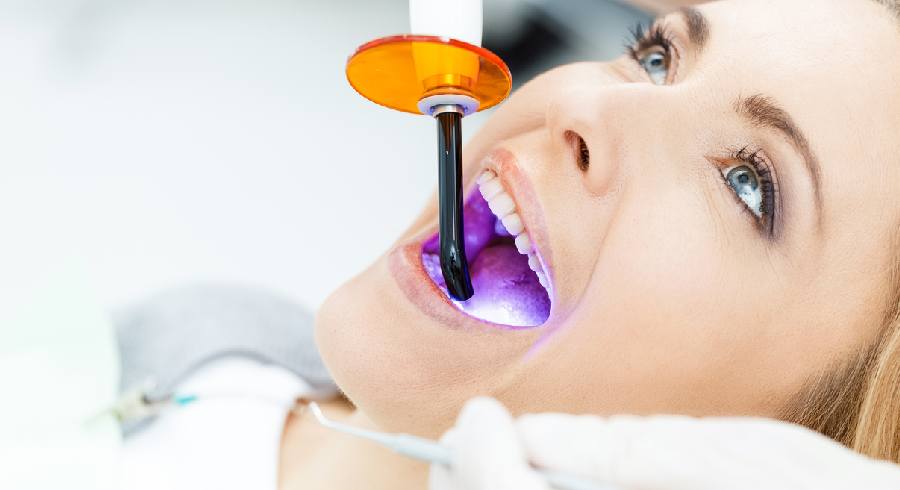
Ever wondered why your mouth waters? It’s not just about keeping things moist. Saliva actually does a lot of heavy lifting when it comes to keeping your mouth healthy. From fighting off bacteria to helping with digestion, saliva is like your mouth’s personal superhero.
What Exactly is Saliva?
Saliva, which is mostly water, contains various essential substances like mucus, proteins, minerals, and enzymes. It serves multiple important functions in the mouth, such as moistening it for comfort, helping with chewing and swallowing by providing lubrication, and neutralizing harmful acids. Moreover, saliva has antibacterial properties that can kill germs, prevent bad breath, defend against tooth decay and gum disease, protect enamel, and speed up wound healing.
Saliva is produced by three pairs of major salivary glands and numerous minor glands around the mouth. These glands, including the parotid, sublingual, and submandibular glands, work together to generate saliva. Saliva is transported from the glands to the mouth through small tubes called salivary ducts. While small amounts of saliva are continuously released to keep the mouth moist, saliva production increases significantly when eating or even just thinking about food. On average, a person generates between 0.5 and 1.5 liters of saliva daily.
Why is Saliva Important for Oral Health?

Did you know that having healthy saliva, which comes from having a healthy diet, is one of the most effective ways of preventing bad breath? Saliva is crucial for keeping your mouth healthy. It protects against gum disease, tooth decay, and other infections by forming a thin layer over your teeth that acts as a buffer against harmful bacteria. Additionally, saliva contains substances that can kill these bacteria, preventing them from causing damage.
When you eat, saliva helps wash away small food particles that bacteria love to feast on, reducing the risk of tooth decay. It also helps neutralize acids in your mouth that can weaken your tooth enamel. This process, known as remineralization, helps repair the protective surface of your teeth by supplying them with important minerals like calcium, phosphorous, and fluoride.
Apart from its protective role, saliva also aids in digestion. An enzyme called amylase, found in saliva, kickstarts the digestion process in your mouth by breaking down starches into smaller molecules. This not only helps with digestion but also makes it easier to swallow food by moistening it and making it softer as it moves down your throat.
What Happens if You Don’t Have Enough Saliva?
Having insufficient saliva, also known as dry mouth or xerostomia, can lead to various oral health problems. Without enough saliva, your mouth becomes dry and uncomfortable, making it difficult to speak, eat, and swallow.
One of the main functions of saliva is to help rinse away food particles and bacteria from your teeth and gums. When you don't have enough saliva, these particles and bacteria can remain in your mouth, increasing the risk of tooth decay, gum disease, and bad breath.
Additionally, saliva helps neutralize acids in the mouth and re-mineralize tooth enamel, protecting your teeth from decay. Without adequate saliva, your teeth may become more susceptible to cavities and erosion.
Dry mouth can also affect your sense of taste and make it harder to enjoy food. It can cause soreness and irritation in the mouth, as well as difficulty wearing dentures or other dental appliances.

What Can You Do if You Have Too Little Saliva?
Drinking enough water for healthy teeth is a must, so drink plenty of water throughout the day to stay hydrated. Chewing sugar-free gum can help stimulate saliva production, while sucking on sugar-free candies can also increase saliva flow. If dry mouth persists despite these efforts, consider using artificial saliva, which is available over the counter without a prescription. Artificial saliva helps keep your mouth moist and comfortable, but it's important to note that it lacks the proteins, minerals, and other substances found in real saliva that aid in digestion.
What Can You Do if You Have Too Much Saliva?
Having too much saliva isn't usually a cause for concern unless it happens frequently. Your body naturally adjusts saliva production based on what you eat and drink, typically managing excess saliva by swallowing more.
Several factors can lead to excess saliva production, such as overactive salivary glands or difficulties with swallowing. Spicy or sour foods can also trigger increased saliva production, as taste buds on the tongue signal the body to produce more saliva in response to these flavors. Similarly, acidic foods tend to stimulate more saliva compared to sweet foods. If excess saliva becomes bothersome, consider adjusting your diet to see if it helps alleviate the issue.

Importance of Saliva for Healthier Teeth
Saliva is crucial for maintaining healthier teeth, especially after dental treatments like teeth whitening. It serves as a natural protector, helping to rinse away food particles and bacteria that can lead to decay and other oral health issues. After teeth whitening, saliva plays an essential role in restoring the mouth's pH balance, which can become disrupted by the bleaching agents used in the treatment.
Additionally, saliva contains minerals like calcium and phosphate, which are essential for re-mineralizing tooth enamel and keeping teeth strong. This process helps to repair any damage caused by dental treatments and promotes overall dental health. Without sufficient saliva production, teeth may become more susceptible to sensitivity, decay, and other complications.
Importance of Saliva for Dental Aesthetics
Saliva plays an important role in dental aesthetics. It helps to keep the mouth moist, which is essential for comfort and proper function. Additionally, saliva helps to wash away food particles and bacteria, preventing bad breath and tooth decay. When it comes to dental treatments like braces or dental implants, saliva helps to keep the mouth clean and free from infection, promoting better healing and improving the overall outcome of the treatment.
Furthermore, saliva contains minerals like calcium and phosphate, which are essential for maintaining healthy teeth and gums. These minerals help to strengthen tooth enamel and protect against cavities and gum disease. Without enough saliva, the risk of dental problems increases, and the results of cosmetic dental procedures may not be as effective.





